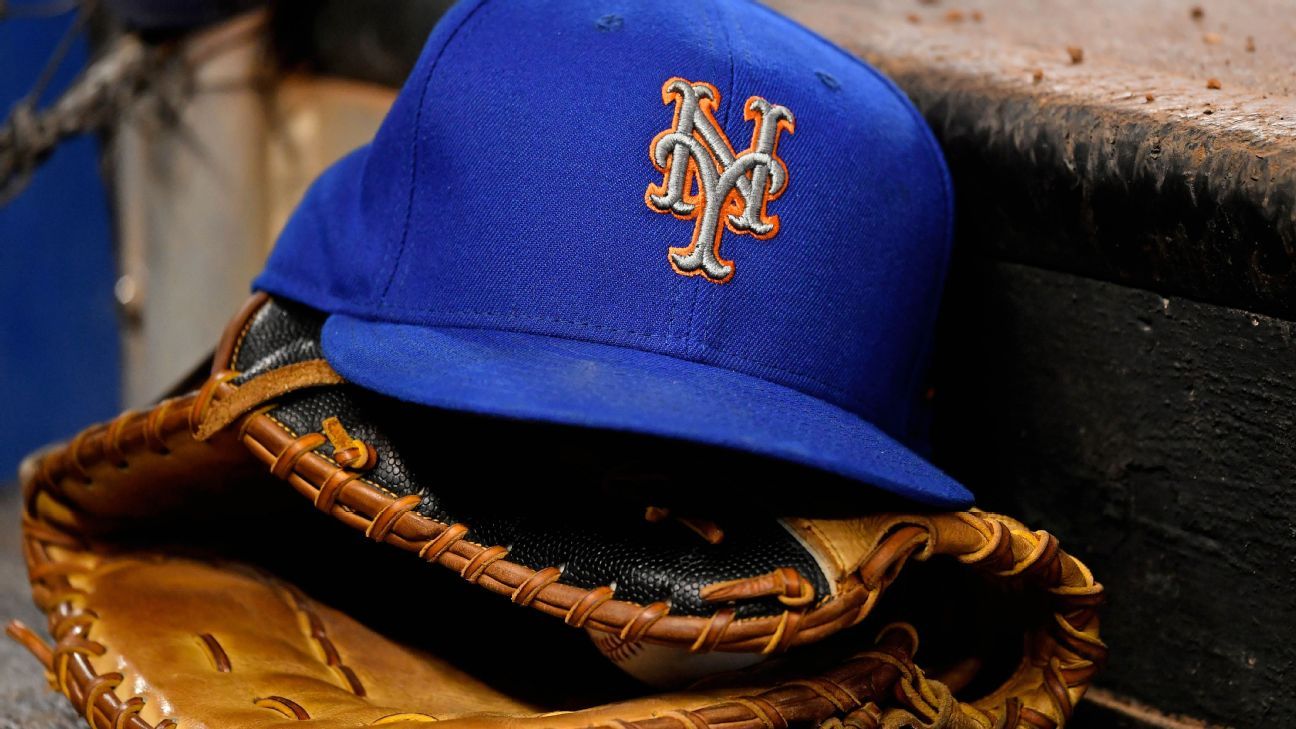Athing Mus Olympic dream dashed with an unlucky break
Written by I Dig Sports
Americans fall after 200m in US trials 800m would not have happened if the 1970s rules still applied
One of the biggest stories from the US Olympics Team Trials in Eugene doesnt involve an athlete who has qualified for the Paris Games but instead someone who hasnt made it.
After tripping in the womens 800m final after 200m and jogging in last in 2:19.69, Athing Mu will be unable to defend her crown in the French capital in August due to the brutal first-three-past-the-post US selection system. This is particularly significant for fans of British athletics, of course, given that Keely Hodgkinson will be trying to graduate from silver at the Tokyo Games to gold this summer.
Ironically, the winner of this years US trials, Nia Akins, tripped on Mus heels three years ago and fell in the same US Olympic trials 800m final. Both then and now, what happened, just unfair, Akins said. Its the sport crazy and unpredictable.
The Mu incident has brought 800m rules into the spotlight again. Currently at major events the athletes run the first 100m in lanes before breaking the stagger at the start of the back straight. In grassroots races around the world, though, the rules vary with runners often starting on a curved line before charging into the first bend.
Athing Mu (Getty)
One rule that operated in the mid-1970s, though, would have helped avoid Mus misfortune if it had been in place today. Back then, 800m runners had to run the first 300m in lanes before breaking at the start of the home straight approaching the bell.
The rule was employed at the 1976 Olympics in Montreal, with the races won by Alberto Juantorena of Cuba and Tatyana Kazankina of the Soviet Union. The 1974 Commonwealth Games also saw athletes run the first 300m in lanes with John Kipkurgat of Kenya and Charlene Rendina of Australia winning.
Maybe Mu and even many of her fellow competitors would enjoy the idea of running 300m in lanes. Among other things doing this would help runners enjoy a free and unimpeded run for much of the first lap. One things for sure, though, Steve Ovett didnt relish the rule in the 1970s.
Finishing fifth behind Juantorena in Montreal, Ovett insisted his chances of winning a medal were scuppered by the rule. Running blind in lane eight, the Brit found himself with lots of ground to make up as the runners broke from their lanes.
He surged up to sixth at the bell but the effort drained him and he was almost a second behind Juantorena through 400m and struggled to make an impact in the last lap as the Cuban won in a world record of 1:43.5.
Alberto Juantorena (Mark Shearman)
I was choked, Ovett told AW at the time. Im not experienced enough yet to run really well from right outside in a 300m stagger situation and here I was getting shafted in the most important race of all. I like to follow in the first lap, assess the pace and plan my moves but with this 300m in lanes business the guy in lane eight has no real chance unless hes an athlete who likes to take out really fast and keep going.
The rule was short lived and in September 1976, AW reported: In Olympic Games and all area or group games or championships (eg, European, Commonwealth), the 800m event shall be run in lanes, as far as the end of the first bend, the maximum number of available lanes being used.
This marks a return to the earlier rule and replaces the practice of running in lanes for the first 300m. This rule change will please the many athletes and spectators who felt the tactical nature of the event was adversely affected by running two bends in lanes.
It certainly pleased Ovett, who won a highly physical Olympic 800m final in Moscow in 1980.
Gambling on athletics? Dont bet on it
Whenever the topic of how to improve athletics comes up, one of the ideas often mentioned is introduce betting at events.
Of course major gambling firms already offer odds during major championships and for events like London Marathon. You will be able to bet this summer, for example, on all of the Olympic events.
Many fans who urge the sport to embrace it even more, though, perhaps dont realise that World Athletics has had a section forbidding gambling in its rule book for many years.
The current wording says that an applicable person (in other words mainly athletes, officials and governing body staff who have signed up to the Athletics Integrity Code of Conduct) will have committed a violation of the integrity standards if they engage in any form of Betting related to an Event or Competition in Athletics, including Betting with another Person on the result, progress, outcome, conduct or any other aspect of such an Event or Competition.
World Athletics adds: This Rule applies to any form of Betting related to an Event or Competition in Athletics, whether or not the Applicable Person is directly participating in the Event or Competition in question, and to any form of Betting related to an Event or Competition in a sport other than Athletics taking place at an International Competition organised by a Major Event Organisation in which the Applicable Person is directly participating.
I enjoy an occasional flutter, although its usually restricted to just a few quid on the Grand National every year. Should I be able to bet on athletics with my so-called inside info as an athletics journalist? To me, the World Athletics rules arent particularly clear on this.
I can, however, understand why World Athletics has something in its rules about gambling. The last thing the global governing body for track and field wants is the kind of betting scandal currently engulfing the British General Election.
The ATFS Annual survives
Finally, it was great to see the publication of the annual athletics statistical annual this month. Since its long-time editor Peter Matthews died last year, there was a danger it would be lost and discontinued. But statisticians Stuart Mazdon and Richard Hymans are among those who are keeping it going along with support from the International Athletics Foundation. You can buy a copy here.















 Phone: (800) 737. 6040
Phone: (800) 737. 6040 Fax: (800) 825 5558
Fax: (800) 825 5558 Website:
Website:  Email:
Email: 






